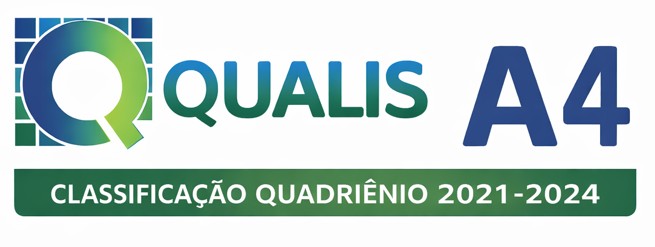Em nome da lei: Implicações políticas, institucionais e socioeconômicas após a primeira lei de infância em Mendoza, Argentina (1995-2005)
Palavras-chave:
Argentina, Direitos da criança, estudos sobre infância, Mendoza , infância pobre, atores sociaisResumo
Após a ratificação da Convenção sobre os Direitos da Criança na Argentina, a província de Mendoza foi a primeira a ajustar substancialmente sua regulamentação interna. A Lei provincial nº 6354, promulgada em 1995, gerou resistências, atrasos e más interpretações provenientes da corporação judicial e da burocracia administrativa, que precisam ser analisadas mais profundamente. Este estudo tem como objetivo analisar as continuidades e rupturas políticas, institucionais e jurídicas que ocorreram desde a sanção da Lei provincial nº 6354 entre 1995 e 2005, no contexto da primeira onda de reformas regulatórias do país. Este estudo permitiu compreender as resistências tanto dos setores oficiais como da oposição, bem como a importante influência dos organismos internacionais. A institucionalidade foi construída e consensualizada entre o governo e organismos internacionais com características afins aos postulados neoliberais da época. Finalmente, o surto social foi uma oportunidade para que um poder judiciário resistente reintroduzisse a tutela sobre crianças pobres, diante de um poder administrativo enfraquecido economicamente, social e politicamente.










